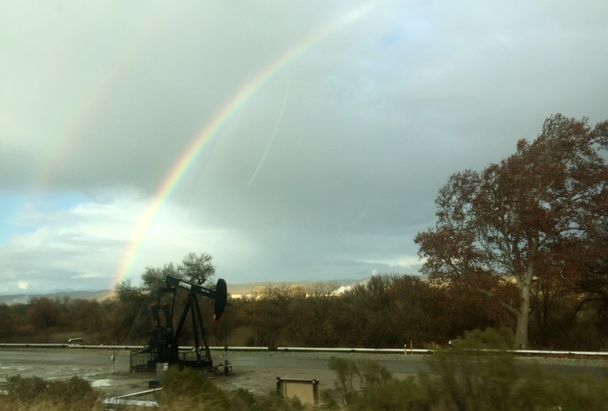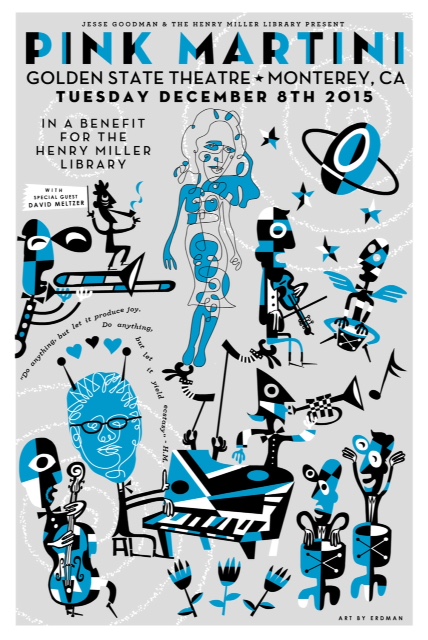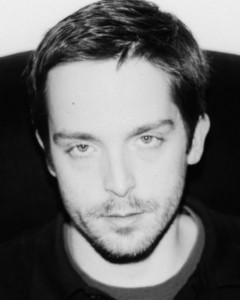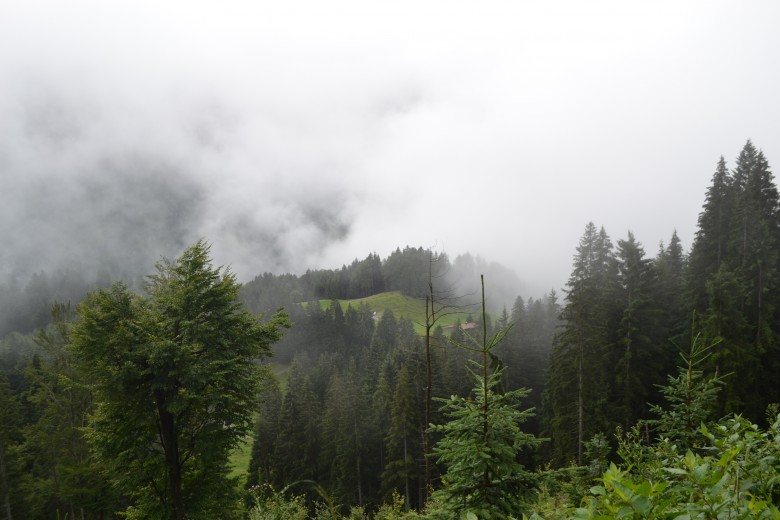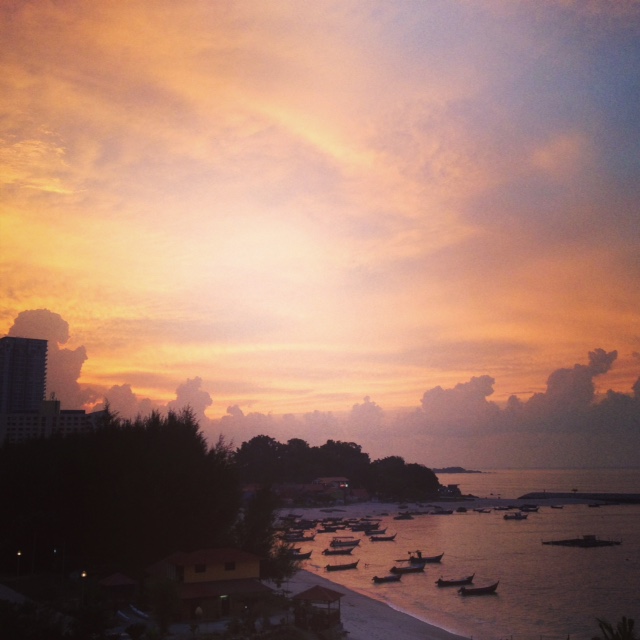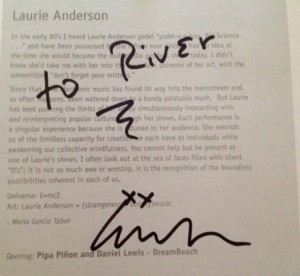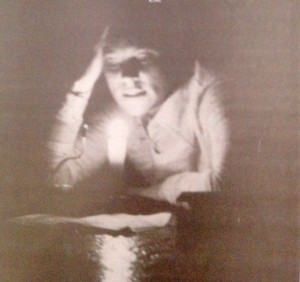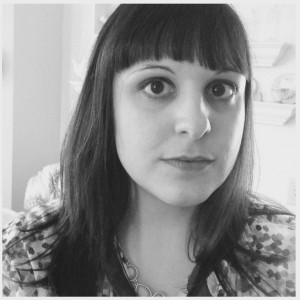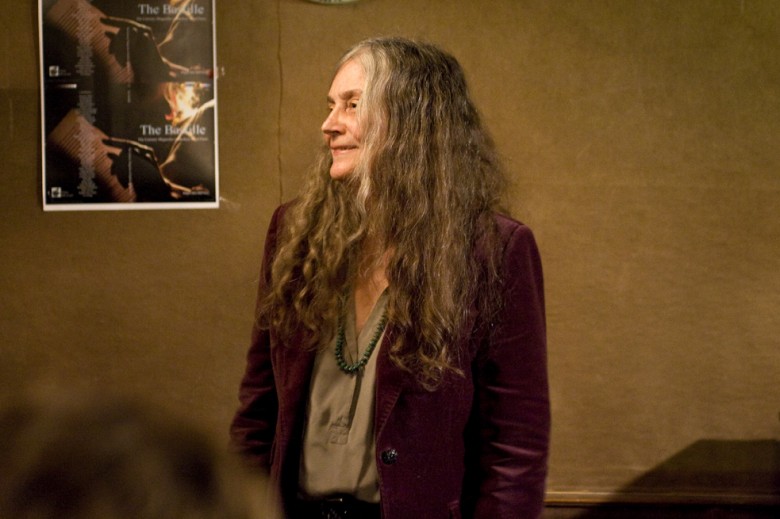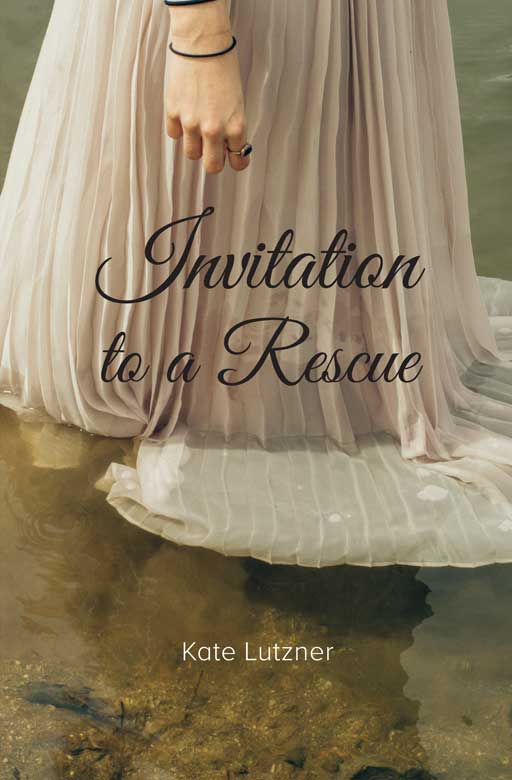i don’t think it important
to say you murdered malcolm
or that you didn’t murder malcolm
i find you vital and powerful
i am aware that you use me
but doesn’t everyone
i am comfortable in your house
i am comfortable in your language
i know your mind i have an interest
in your security, your civilization
compares favorably with any known
your power is incomparable
i understand why you would destroy
the world rather than pass it to lesser
people. i agree completely.
aristotle tells us in the physics
that power and existence are one
all i want is to sit quietly
and read books and earn
my right to exist. come—
i’ve made you a fantastic dish.
you must try it, if not now
very soon.
Welton Smith, who was born in Houston, Texas, is the author of Penetration (1972), a collection of poems, and The Roach Riders, a play. His poem sequence “Malcolm,” which was included in the historic 1968 Black Arts collection Black Fire: An Anthology of Afro-American Writing, edited by Larry Neal and Amiri Baraka, is one of a number of elegies written after Malcolm X was killed in 1965. Its tonal shifts help make it one of the most memorable and one of the more inventive poems to come out of the Black Arts movement.

